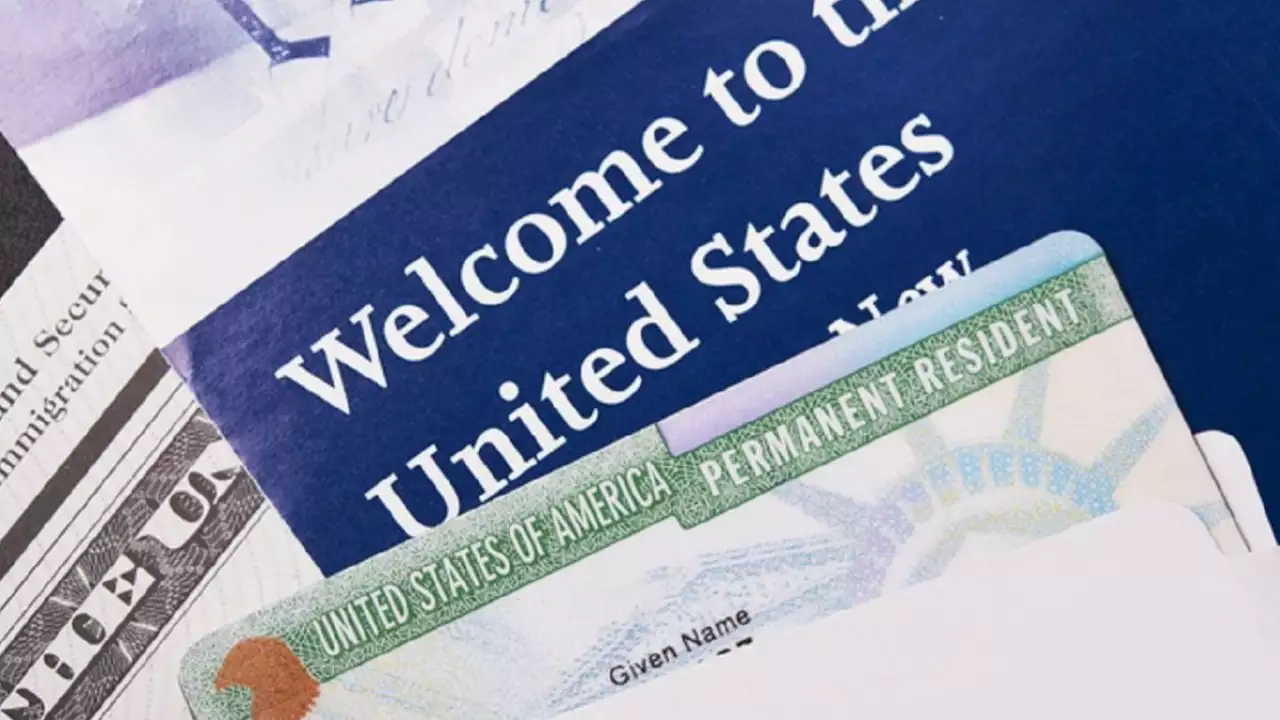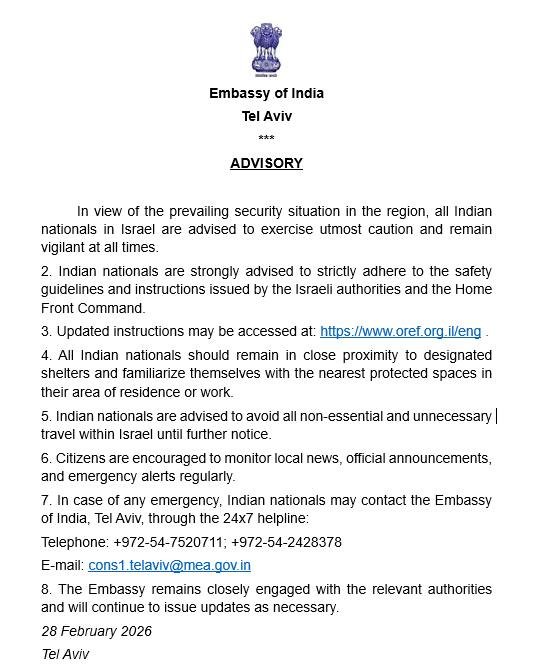To address the severe case backlog at the USCIS, Congressman Tony Cárdenas reintroduced The Case Backlog and Transparency Act on October 25
Millions of immigrants in the US have been facing long delays in a getting a reply from the US Citizenship and Immigration Services (USCIS) about immigration benefits. As a result, the backlog of pending applications has been increasing exponentially in the last few years.
To address the severe case backlog at the USCIS, Congressman Tony Cárdenas reintroduced The Case Backlog and Transparency Act on October 25, reported americanbazaaronline.
This bill establishes new reporting requirements for USCIS and the Government Accountability Office (GAO) to determine the reasons for the processing delays and find potential solutions to reduce the immigration case backlog, according to a press release.
“The extreme immigration backlog at USCIS is leaving countless individuals in limbo,” said Cárdenas. “Right now, families in my district and across the country are left waiting weeks, months and even years without a single update on their case or let alone a resolution. This isn’t fair to these applicants – they deserve to have the peace of mind that their cases are being handled fairly and timely. A reporting system will improve transparency and help USCIS find the root cause of these processing delays,” he said.
He also hoped that “accountability and greater awareness of what isn’t working at USCIS will lead to solutions in the future,” Cárdenas added.
Between 2015 and 2020, the number of cases awaiting a decision at USCIS grew from 3.2 to 5.8 million. According to USCIS’s own data, processing times are increasing, leaving applicants waiting for a decision for well over seven months for most types of immigration benefit applications.
Reducing backlogs by making USCIS accountable to the public is laudable and an important first step, said Immigration Impact. However, the bill is but one small step toward addressing the myriad number of issues in the nation’s immigration system
The Case Backlog Transparency and Accountability Act establishes quarterly backlog reporting requirements. It requires DHS, at the end of each of the first three quarters of each fiscal year, to publish on its website, and submit to designated Congressional committees, a report on the case backlog.
The quarterly report must Identify the number of pending immigration benefit applications, the net backlog, and the gross backlog and describe the active suspense categories and the number of cases pending in each category. It should also list the average processing time for each type of immigration benefit application along with any change in that time relative to the prior quarter.
The bill establishes a biennial GAO report featuring analysis of factors contributing to the case backlog, including an assessment of the impact of the agency’s own policies on processing times.
It also seeks an evaluation of USCIS’s efforts to eliminate the backlog and to ensure accurate and consistent adjudications and ensures that USCIS and GAO publish these reports on their websites.
The legislation is endorsed by the American Immigration Lawyers Association (AILA), Coalition for Humane Immigrant Rights of Los Angeles (CHIRLA) and National Partnership for New Americans (NPNA).
“For years, the families, vulnerable individuals, and U.S. businesses that our more than16,000 members regularly represent have suffered devastating consequences from USCIS’s processing delays,” said American Immigration Lawyers Association (AILA) Executive Director Benjamin Johnson. “Families have been separated, businesses have lost key employees, and vulnerable individuals remain in jeopardy.”
Reducing backlogs by making USCIS accountable to the public is laudable and an important first step, said Immigration Impact. However, the bill is but one small step toward addressing the myriad number of issues in the nation’s immigration system, it said.
*********************************************************************
Readers
These are extraordinary times. All of us have to rely on high-impact, trustworthy journalism. And this is especially true of the Indian Diaspora. Members of the Indian community overseas cannot be fed with inaccurate news.
Pravasi Samwad is a venture that has no shareholders. It is the result of an impassioned initiative of a handful of Indian journalists spread around the world. We have taken the small step forward with the pledge to provide news with accuracy, free from political and commercial influence. Our aim is to keep you, our readers, informed about developments at ‘home’ and across the world that affect you.
Please help us to keep our journalism independent and free.
In these difficult times, to run a news website requires finances. While every contribution, big or small, will makes a difference, we request our readers to put us in touch with advertisers worldwide. It will be a great help.
For more information: pravasisamwad00@gmail.com











